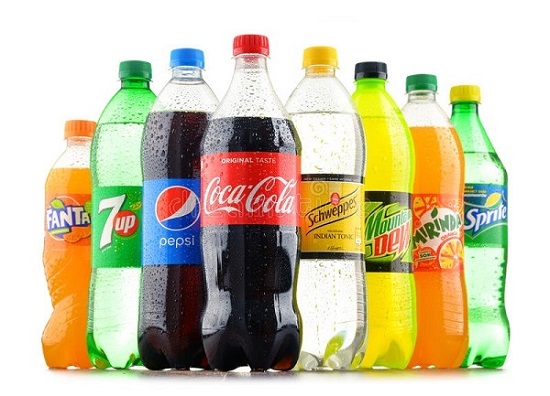
Over 16,000 Nigerians from Lagos, Abuja, Kano, Kaduna and Enugu have signed a petition urging the Federal Government to allocate revenue generated from sugar-sweetened beverage (SSB) taxes to subsidise diabetes treatment for vulnerable citizens.
This call comes as part of a growing advocacy movement focused on addressing the rising burden of diabetes and other non-communicable diseases (NCDs) in the country.
A health communications specialist with Gatefield, Ms. Omei Bongos highlighted the initiative during a press briefing on Wednesday in Abuja. She explained that this effort is part of a broader campaign spearheaded by the National Action on Sugar Reduction Coalition (NASR). The campaign aims to utilise pro-health fiscal policies, like the SSB tax, to combat the increasing prevalence of NCDs in Nigeria.
“The call to action emerged from a weekend of community mobilisation led by youth advocates who visited households across these states to raise awareness about the health risks associated with excessive consumption of sugary drinks,” Bongos stated.
The petitioners are urging the government to direct funds from the existing 10 naira per liter tax on non-alcoholic, carbonated, and sugar-sweetened beverages—introduced in 2021—towards the prevention and management of type 2 diabetes. This push aligns with the World Health Organisation’s (WHO) recommendations, which advocate for SSB taxes as a means to reduce consumption and curb the rise of chronic diseases linked to high sugar intake, including type 2 diabetes, heart disease, hypertension, and cancer.
Nigeria currently holds the highest diabetes prevalence in Africa, with an estimated 11.2 million people living with the disease. Unfortunately, many of these patients, particularly those from low-income backgrounds, struggle to afford the necessary treatments. This often leads to skipped medications or the use of inadequate alternatives, increasing the risk of severe complications such as amputations and kidney failure.
“In Kaduna, one woman shared her story of desperation, revealing that she had to alter her diabetes medication without consulting her doctor because she couldn’t afford the prescribed dosage,” Bongos shared. “We, the diabetes patients, even the hypertensive patients, want the government to help us,” she added, echoing the collective plea of many Nigerians facing similar struggles.
The state project coordinator in Lagos, Mr. George Adjete also recounted some of the stories he encountered during the mobilisation efforts. “I met a mother whose child is suffering from an ailment linked to excessive intake of sugary drinks. She has spent a lot on medical bills. I also spoke to a young man whose parents are both living with diabetes,” he said. Adjete expressed deep concern about the high cost of treatment and the strain it places on families, underscoring the critical need for government action.
Non-communicable diseases, including diabetes, now account for one in three deaths in Nigeria, posing a significant economic burden on the country. NASR and other advocates believe that using SSB tax revenue to subsidize diabetes treatment would be a “triple win”—reducing health issues linked to sugary drink consumption, alleviating financial strain on the health system and mitigating economic losses due to reduced productivity from chronic illness.
As the call for action grows louder, all eyes are on the Federal Government to see if it will heed the voices of thousands of Nigerians advocating for a healthier, more equitable future.

